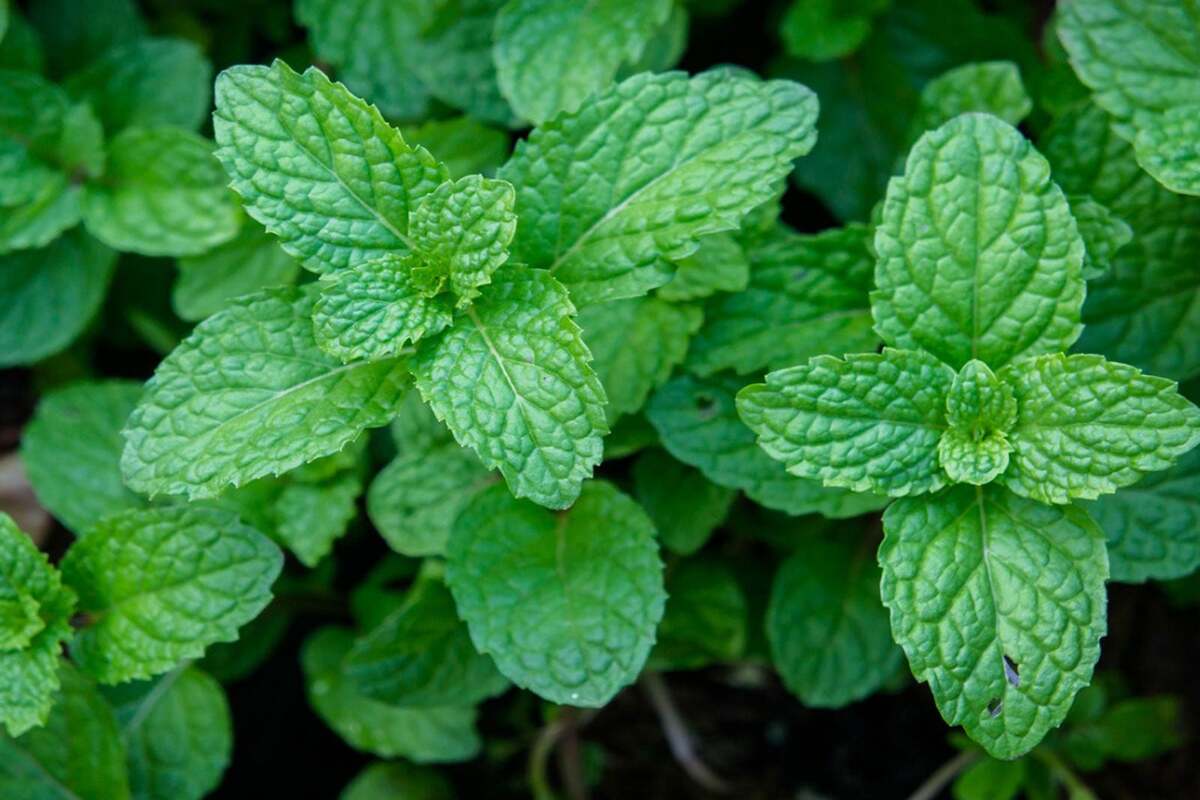Health Tips: Mint leaves, also known as Mentha, are renowned for their refreshing flavor and versatile uses in culinary and medicinal applications. Beyond their delightful taste and aroma, mint leaves offer a plethora of health benefits. In this comprehensive guide, we’ll explore eight remarkable advantages of incorporating mint leaves into your diet and lifestyle.
Digestive Aid: Mint leaves have a long history of aiding digestion. The natural compounds in mint, particularly menthol, relax the muscles of the gastrointestinal tract, reducing the chances of indigestion and gas. A simple cup of mint tea after a meal can help ease digestive discomfort.
Relief from Nausea: Mint’s soothing properties can help alleviate nausea and motion sickness. Chewing on fresh mint leaves or sipping mint tea can provide quick relief for queasy stomachs. It’s also a common remedy for morning sickness during pregnancy.
Oral Health: Mint is a key ingredient in many toothpaste and mouthwash products for a reason. It has antibacterial properties that can help fight oral bacteria and maintain good oral hygiene. Chewing mint leaves can freshen your breath and help prevent gum disease.
Headache Relief: Mint’s menthol aroma can help relax tension headaches. Applying mint oil or a mint-infused balm to your temples and massaging gently can provide relief from headaches and migraines. The cooling sensation can ease the pain.
Respiratory Health: Mint’s menthol content acts as a natural decongestant, making it an excellent choice for relieving respiratory issues like congestion due to colds and allergies. Inhaling the steam from mint tea or using mint-infused steam can help open up airways.
Anti-Inflammatory Properties: Mint contains anti-inflammatory compounds that can help reduce inflammation in the body. This makes it beneficial for conditions like arthritis and other inflammatory disorders. Incorporating mint into your diet can contribute to overall joint health.
Weight Management: Mint can aid in weight management by helping to control appetite and reduce cravings. It’s often recommended to include mint in your diet if you’re trying to lose or maintain weight. The refreshing taste can also make healthy meals more enjoyable.
Skin Health: Mint has antiseptic and anti-pruritic (anti-itch) properties, making it useful for treating skin conditions like acne and rashes. Applying a mint-based paste or diluted mint oil to the affected areas can soothe irritation and promote healing.
Incorporating mint leaves into your daily routine is relatively easy. You can add fresh mint leaves to salads, beverages, and desserts, or brew mint tea for a soothing beverage. Mint essential oil can be used in aromatherapy, and mint-infused products are widely available in the market for various health and beauty purposes.
However, while mint offers numerous health benefits, it’s essential to use it in moderation. Excessive consumption of mint or mint products can lead to heartburn or acid reflux in some individuals. Additionally, if you have specific medical conditions or are pregnant, it’s advisable to consult with a healthcare professional before using mint as a remedy.
Mint leaves are a versatile herb that offers a range of health benefits, from aiding digestion to promoting oral health, relieving headaches, and supporting respiratory health. By incorporating mint into your daily life, you can harness its natural healing properties and enjoy its refreshing taste while improving your overall well-being.
